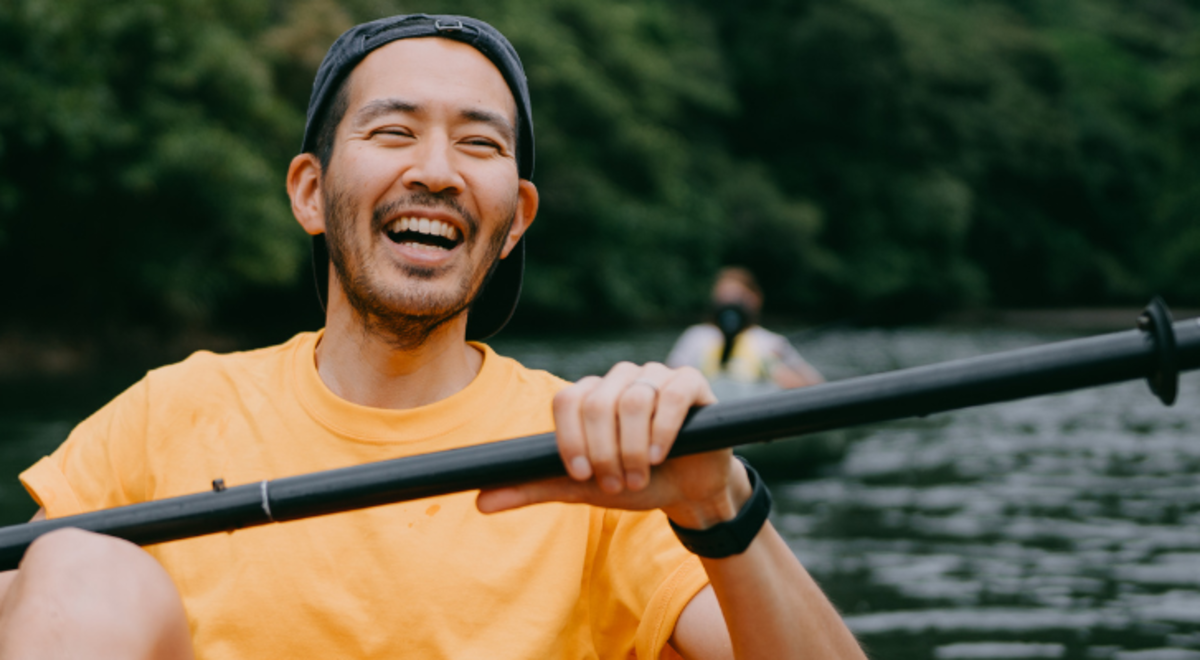Travel broadens your mind, literally. Read on as we look at the many reasons why you need holidays to help reduce stress and how you can ride the holiday wellness wave before and after your time away!
3 Reasons Holidays To Take A Holiday
-
To be more fun, relaxed and connected
-
A chance to connect with nature
-
Create feel good memories to reflect on
There are several studies on why travel can expand our minds, improve productivity and increase our creativity. It’s proven that when you travel to new places your brain goes into overdrive – our neural pathways are sensitive to change – new sounds, smells, tastes, sensations, languages and sights spark different synapses in the brain that have the potential to revitalise the mind. Then there’s the potential for deepened cultural awareness and personal growth – all good news for our physical and mental health and for the friends and family we cohabit with.
For example,
Do you have a holiday alter ego?
Are you flop & drop Fran, wellness warrior Warren or thrill seeker Sam?
Recent research by Carnival Cruise Line delved into the psychological benefits of a getaway revealed that 70% of Australians and 80% of parents feel like a different, happier person when on holiday – no surprises there, right? The research also found we prefer our ‘holiday self over our regular self.’
CHO (Chief Happiness Officer) of The Happiness Institute, Dr Tim Sharp, aka ‘Dr Happy’, says there is a lot we can learn from this relaxed version of ourselves to positively impact our mental wellbeing. “We can benefit from holidays by learning from our ‘holiday self’; that person who’s more fun, more relaxed and who connects more with family. There’s no reason we can’t be that person more often; in fact, if we can, we’ll get closer to living our best possible lives.”
How to get the holiday self on vibe on the regular? Read on...
When it comes to relaxing, cruising takes the cake when it comes to embracing our holiday alter egos. When not having to work or worry about household chores such a cooking and cleaning, waking up to a new view each day, and for parents, keeping the kids entertained rated highly on the happiness meter.
However, the same could be said for any low-maintenance holiday where cooking and cleaning are kept to a minimum (unless of course a pasta making course in Tuscany speaks to your holiday alter ego).
When Aussies return home from holidays, how do they keep those healthy holiday habits going? 42% said limiting screen time was a common desire, followed closely by getting more sleep and exercise. Additionally, half of parents (49%) say they have more patience for their kids when on holiday than they do at home, reflecting the positive benefits a holiday can have on our mood and a happy household.
The ‘holiday effect’ can begin even before you’ve put on the out-of-office notification and long after you return, starting with the planning and inspiration phase of booking a holiday, then looking forward to the trip with excitement and reflecting back positively reminiscing about the great times had.
RELATED: Vinotherapy: What Is It And Why Does It Sound Delicious?
Onto our next wellness study...
Water Wellness
Let’s take a moment to journey (our minds) to Scotland.
With me? Great. It’s cold, but there are many glorious bodies of water... enter, water wellness, otherwise known as ‘blue mind’, it’s the trend around the positive effects water can have on our mental and physical health and general wellbeing. Turns out we experience feelings of calm and peacefulness when we are in or near water (guess the cruise lovers above really are onto something!)
YouGov research commissioned by VisitScotland found that almost three-quarters of UK adults (73%) think that being near water can reduce stress levels, while nearly two-thirds (65%) believe it can reduce anxiety and depression.
With miles of pristine coastline and thousands of tranquil lochs, rivers and canals - the country’s pure waters are well and truly riding the wave of this growing wellness trend with Scotland being one of the hottest destinations in the UK to get involved in the positive benefits of cold-water therapy from wild swimming and paddle boarding to kayaking, diving, surfing and sailing.
Where can you get a cold-water therapy fix with added health benefits a little closer to home?
Good question, we’re glad you asked.
Winter is obviously the best time to get embrace the colder waters around Australia with top ‘Wild Swimming’ locations being in the Blue Mountains (NSW), Tamborine and Lamington National Parks (QLD), Mornington Peninsular (VIC), Nitmiluk National Park (NT), Collie River – especially Honeymoon Pool (WA), Eight Mile Creek swimming hole near Mount Gambier (SA), Douglas-Apsley National Park near Launceston (TAS), and along the Murrumbidgee River (ACT).
Tip: If you ever find yourself in Tasmania for the wintertime Dark Mofo festival, there’s the annual Nude Solstice Swim at Hobart’s Sandy Bay.
Want some more data and science to back up our findings? It’s proven that cold water swimming can help regulate sleep and increase mood. An Associate Professor of Psychiatry at McGill University, Rob Whitley says “open-water swimming, which combined cold-water and exercise in a natural environment could be particularly beneficial as it could release endorphins and produce serotonin which increased happiness.” (source: ABC.net.au)
Are you brave enough to embrace the cold in the name of increased life satisfaction?
Press Play
Lastly – though there are many ways to tend to our mental health – it's undeniable music can be a huge mood enhancer. Spotify’s recent Culture Next 2021 Global Trends Report says that “76% of both millennials and Gen Zs in Australia agree that they use audio to reduce their stress levels and 75% of Australian millennials see audio as a mental health resource.”
Why not soundtrack your holiday?! You know those songs that take you back to a moment in time? Create a playlist for your next holiday, or even weekend away and save those fun, happy memories for the next time you need a positivity boost to reduce stress.
wellness water mental health








